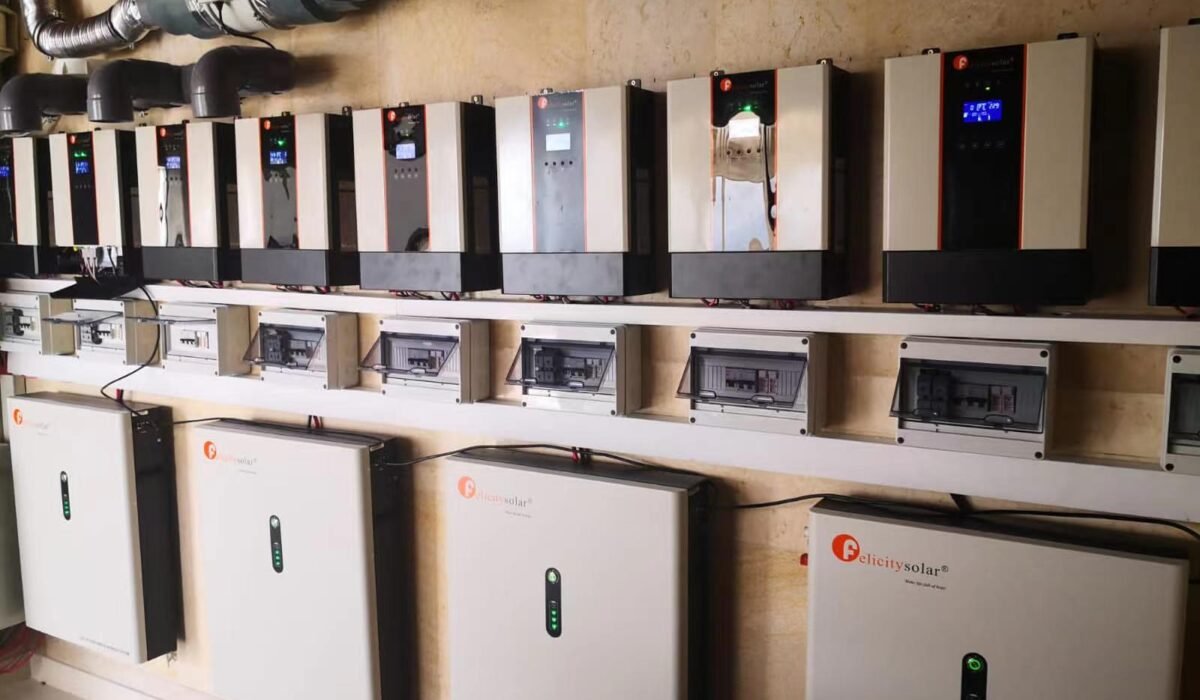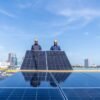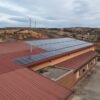Solar Water Heaters and Powering Appliances in Kenya.
Solar Water Heaters and Powering Appliances in Kenya: What Your Solar System Can (and Can’t) Do.
By RiiSun Solar Energy Experts – Trusted Solar Installer in Kenya.
Solar Water Heaters and Powering Appliances in Kenya. As energy costs rise across Kenya, solar solutions are becoming essential for cost-conscious households and businesses. Solar water heaters and power systems offer reliable alternatives to grid electricity, but many Kenyans wonder about their real-world capabilities. Can solar reliably run heavy appliances? Is a solar water heater worth the upfront cost?
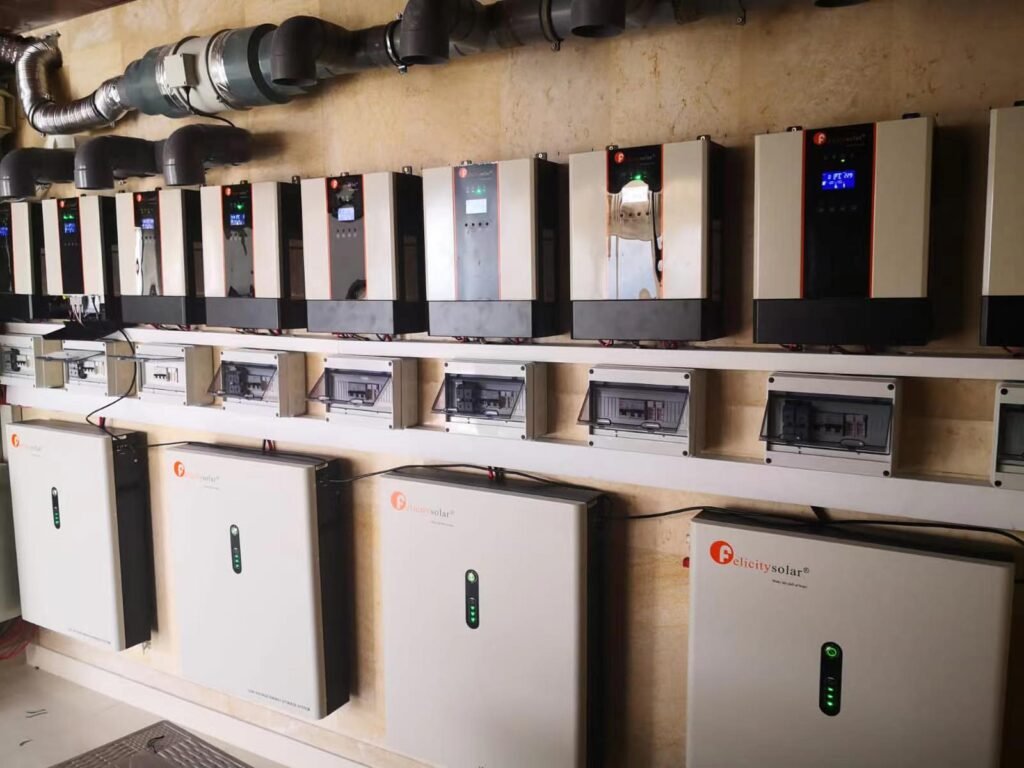
This guide from RiiSun Solar Energy Experts clarifies exactly what solar systems can power, their limitations, and why solar water heaters deliver unmatched long-term value. We’ll explore practical scenarios, system sizing, and smart energy strategies tailored for Kenyan homes and businesses.
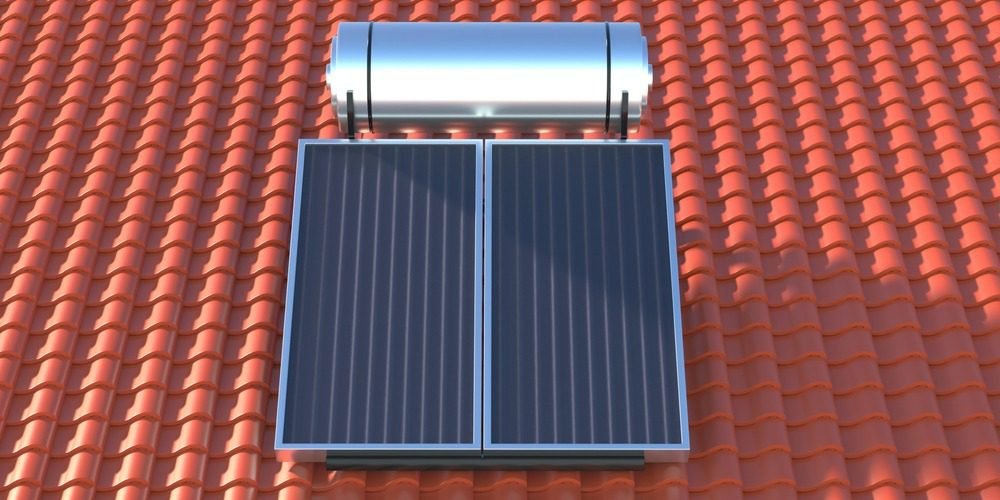
The Rise of Solar Water Heaters in Kenya.
Solar water heaters have become a staple in Kenyan homes, schools, and hospitality facilities, transforming how hot water is accessed. These systems use solar thermal collectors to heat water directly, eliminating reliance on expensive electricity or gas.
Why Kenyan Homes Are Switching to Solar Water Heaters.
✅ Zero electricity costs. No more bills for heating water.
✅ 24/7 hot water. Works even during power blackouts.
✅ Eco-friendly. Reduces carbon footprint significantly.
✅ Low upkeep. Minimal maintenance beyond occasional cleaning.
✅ Long lifespan. Lasts 15+ years with proper care.
✅ Ideal climate. Perfect for sunny regions like Nairobi, Nakuru, and Eldoret.
While the initial investment (Ksh 60,000–Ksh 150,000) may seem steep, most users recover costs within 2–3 years through energy savings. For hotels, schools, and large households, the ROI is even faster.
What Appliances Can Solar Power in Kenya?
Solar energy can comfortably power most essential home devices, but heavy appliances require careful planning. Understanding these limits helps avoid system overloads and ensures reliable performance.
Solar-Friendly vs. High-Demand Appliances.
✅ Easily Powered.
- LED lights, TVs, and Wi-Fi routers.
- Energy-efficient fridges (200W+).
- Borehole pumps (with proper sizing).
- Washing machines (daytime use recommended).
⚠️ Require Large Systems/Hybrid Backup.
- Electric kettles (2000W+).
- Irons (1500W–2500W).
- Microwaves and electric cookers.
- Air conditioners (3000W+).
For heavy loads, RiiSun recommends hybrid systems combining solar with grid/generator backup or gas alternatives for cooking.
Why Heavy Appliances Challenge Solar Systems.
High-wattage devices like kettles and irons demand instant power surges (2000W–3000W), which can overwhelm basic solar setups. Small inverters and batteries may shut down under such loads.
Smart Solutions from RiiSun.
🔹 Energy-efficient appliances. Lower wattage = better solar compatibility.
🔹 Daytime scheduling. Run heavy loads when solar production peaks.
🔹 Hybrid systems. Combine solar with grid/generator backup.
🔹 Gas alternatives. Use LPG for cooking/ironing to reduce solar strain.
Our energy audits pinpoint your exact needs to design systems that balance affordability and functionality.
Real Kenyan Solar Use Cases.
Case 1: 3-Bedroom Home in Nakuru.
✅ Powered by Solar. Lights, TV, fridge, water pump.
⚠️ Backup Needed. Iron (used with generator).
✅ Solar Water Heater. Eliminated electric geyser costs.
📊 Result. 80% lower electricity bills.
Case 2: Off-Grid Farm in Makueni.
✅ Solar Runs. Borehole pump, drip irrigation, lighting.
✅ 150L Solar Heater. Provides domestic hot water.
⚠️ Backup. Diesel generator for cloudy days.
📊 Result. Saves Ksh 10,000+ monthly on fuel.
These examples show how tailored solar solutions maximize savings while accommodating limitations.
Sizing Your Solar System Right.
At RiiSun, we avoid guesswork with detailed energy audits assessing:
- Daily kWh usage. Based on appliance loads.
- Solar panel capacity. Matched to energy needs.
- Battery storage. Ensures nighttime power.
- Inverter size. Handles peak demands.
Proper sizing ensures your system runs fridges, pumps, and TVs smoothly without overspending on unnecessary capacity.
Why Solar Water Heaters Are a No-Regret Investment.
Even without full solar power, a solar water heater slashes electricity bills by up to 40%. RiiSun offers:
✅ 150L–300L systems. For apartments to large homes.
✅ Stainless steel tanks. Rust-resistant durability.
✅ Nationwide installation. From Nairobi to rural areas.
“Our 200L RiiSun heater provides free hot water daily, even in rainy season!”
—James K., Kitengela.
RiiSun’s Service Coverage.
We install across Kenya, including:
- Urban. Nairobi, Kiambu, Mombasa (homes/hotels).
- Rural. Kitui, Turkana (farms, schools, clinics).
- Remote Areas. Off-grid solar water pumping.
FAQs.
Q: Can solar run a fridge and washing machine?
A: Yes, with proper sizing. Energy-efficient models perform best.
Q: Solar heater vs. instant shower?
A: Solar heaters save more long-term and work during outages.
Q: Can I iron with solar?
A: Only with large/hybrid systems. Gas irons are a practical alternative.
Q: Do you serve rural areas?
A: Yes! We install countrywide, including off-grid locations.
Why Choose RiiSun?
✅ Free consultations & site assessments.
✅ Premium components with warranties.
✅ Certified installers.
✅ Affordable, flexible packages.
✅ Ongoing maintenance support.
We don’t just sell solar—we empower Kenyans with energy independence.
Contact RiiSun today for a free quote!

